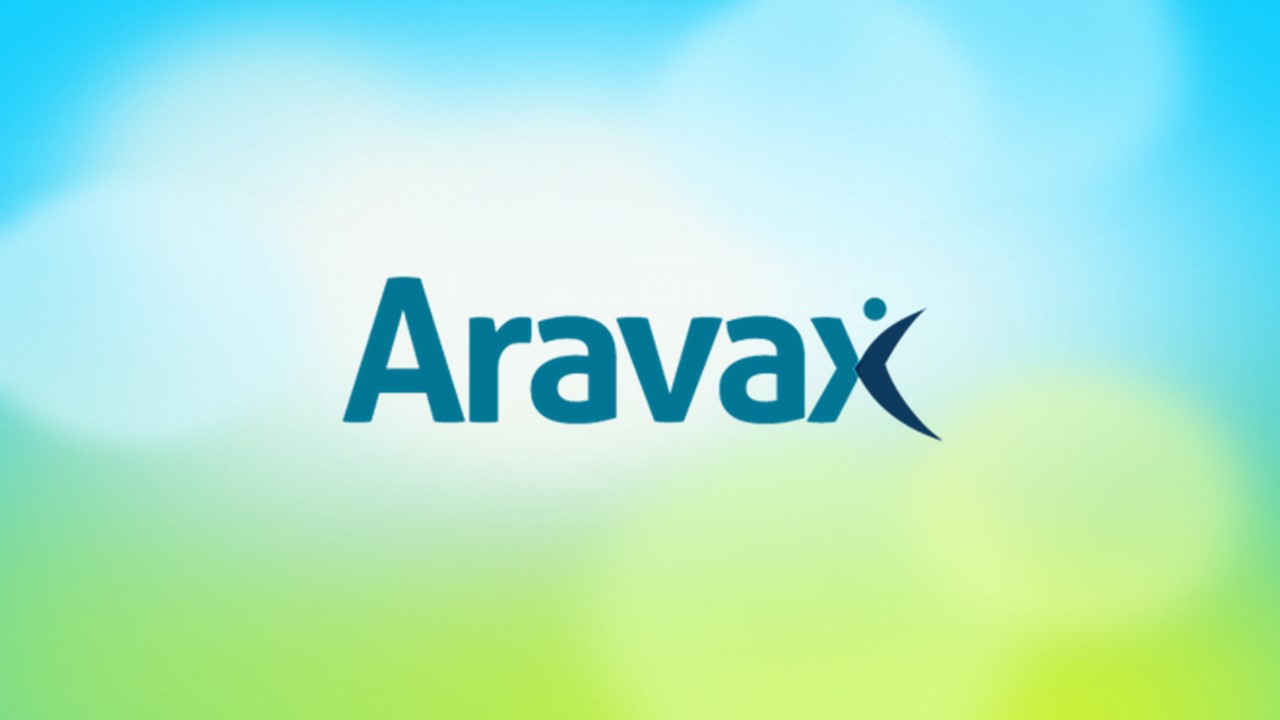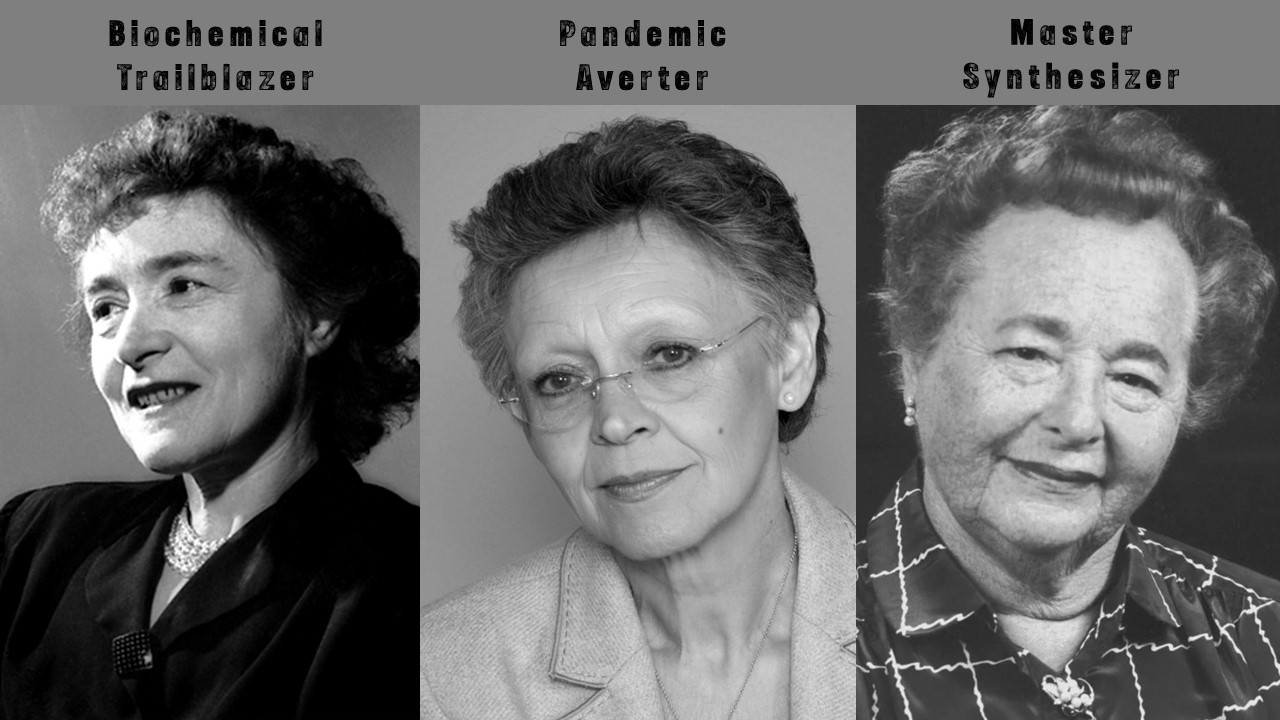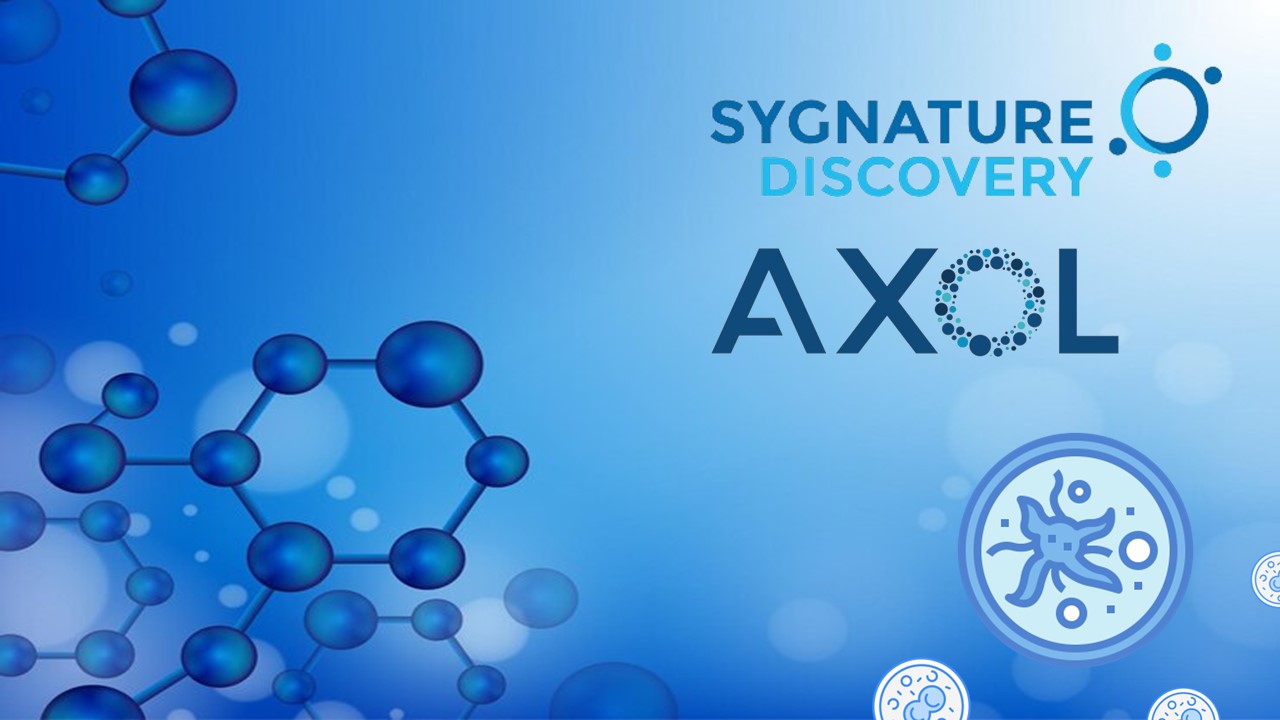Pfizer to Acquire ReViral for $525m
07-Apr-2022
Pharma giant Pfizer has announced its plans to acquire ReViral, a biopharma company with a pipeline targeting Respiratory Syncytial Virus (RSV). RSV is responsible for an estimated 160,000 deaths per year, with around 64m annual infections. The move seeks to expand Pfizer’s capabilities in infectious disease, currently one of its most profitable areas as a result of its highly successful COVID-19 vaccine platform. The acquisition is valued at $525m, including upfront payments and development milestones. ReViral’s lead candidate – sisunatovir – reported significant success in Phase II trials. Sisunatovir acts by blocking the fusion of RSV to host cells. ReViral pipeline also includes a Phase I product which targets the N protein on RSV. Successful development of these products would fulfill a significant unmet demand; current standard of care for RSV is mostly supportive. The acquisition is also expected to enhance Pfizer’s own vaccination platform that targets RSV, as reiterated in a statement by Alex C. Sapir, CEO of ReViral:
“This acquisition represents a validation of the deep antiviral experience of the ReViral team and our unwavering commitment to deliver therapies for patients in need. Pfizer is an optimal partner given their commitment to RSV through their ongoing RSV vaccine program, coupled with their world-class clinical, regulatory, manufacturing and commercial capabilities. We look forward to working with our colleagues at Pfizer to bring these therapies to patients as quickly as possible.”
AstraZeneca Snags New Bispecific Antibody from Harbour Biomed
07-Apr-2022
Hong Kong-based Harbour Biomed has released plans for the global licensing of one of its bispecific products to AstraZeneca. Harbour specializes in the development of antibodies, and the candidate in question, HBM7022, acts by cross-linking tumor cells with T-cells through engaging the Claudin18.2 antigen and CD3 receptor. The cross-linking activates T-cells which then proceed to destroy tumor cells. Under the terms of the agreement, Harbour will receive $25m upfront with the potential for a further $325m in milestone-associated payments. Harbour is hopeful that the deal with AstraZeneca will signify the value of their research on a global scale, as said by Dr. Jingsong Wang, CEO of Harbour Biomed:
“HBM7022, one of our representative innovative bispecific antibodies generated from the HBICE® platform, has significant potential value on a global basis. We are happy to reach this agreement with AstraZeneca, a leading innovator in oncology with a diverse portfolio and pipeline of life-changing medicines. We are very confident that AstraZeneca will maximize the value of HBM7022 to realize the potential of the molecule”
Werewolf Therapeutics partners with Jazz to Advance their INDUKINE Candidate
07-Apr-2022
Werewolf Therapeutics, a company concentrating on producing engineered cytokine therapies, has announced the start of a new collaboration with Jazz Pharmaceuticals to advance WTX-613, one of their leading candidate products. Cytokines have long been in the cancer immunotherapy space – but their lack of specificity has hindered progress. WTX-613 is a IFNα cytokine engineered through Werewolf’s proprietary INDUKINE platform with their PREDATOR engineering technology. The product only becomes active upon entering the tumor microenvironment, which is hoped will minimize the severe toxicities associated with systemic IFNα administration. As part of the agreement, Jazz will receive global development and commercialization rights for WTX-613 – which is currently a preclinical product. Werewolf will receive $15m upfront, with up to $1.26 billion in milestones and royalties.
IAVI to collaborate with Moderna for mRNA vaccines
07-Apr-2022
IAVI has announced plans to combine its potent drug discovery and development expertise with Moderna’s world famous mRNA platform to meet a range of emerging global health priorities. The products involved in the partnership include IAVI G002, which is an HIV mRNA vaccine in a Phase I trial. The product has been on the news recently – HIV vaccines are seen as one of the holy grails of vaccinology, with the virus having proven highly elusive. Clinical trials began in 2022 and are set to continue. Other products include vaccines and antibodies for COVID-19, tuberculosis and anti-microbial enteric infections. The partnership is a testament to the explosive growth mRNA technology has experienced as a result of the success of Pfizer and Moderna’s COVID vaccines, with Stephane Bancel, CEO at Moderna, making clear that the company is now setting its aims even higher:
“We are excited to partner with IAVI to leverage the power of mRNA and extend our commitment to global health across multiple diseases. Moderna’s mRNA platform, with its speed, scale, and flexibility, is uniquely suited to tackle current and emerging pathogens. With our mRNA technology and IAVI’s discovery and development expertise, together we have an opportunity to address persistent global health threats.”
Takeda to work with Evozyne for Gene Therapy Innovation
05-Apr-2022
Evozyne announced its plans to collaborate with Japanese Takeda to progress their gene therapy platforms. Evozyne is a company investigating evolution-based protein design of proteins; as part of the agreement, Evozyne will develop proteins to be used for next generation gene therapies for rare diseases. As part of the deal, Evozyne will receive double digit upfront payments and research funding, as well as milestones up to $400m. Takeda will have the right to obtain an exclusive license to develop and commercialize novel proteins arising from the collaboration. Evozyne’s protein engineering is strengthened by AI and Machine Learning methods guided by evolutionary patterns, and they hope their work with Takeda will help their work reach significant impacts in the industry – as articulated by Evozyne Chief Scientific Officer, Rama Ranganathan:
“This collaboration allows the continued development of next-generation gene therapies that have the potential to make a positive impact on patients suffering from serious and life-threatening genetic diseases”
Protein Degradation Front and Center in Celeris-Boehringer Ingelheim Collaboration
05-Apr-2022
Celeris has continued its trend of big pharma partnerships by signing a new deal with Boehringer Ingelheim. Celeris’ focus on employing AI to generate candidates for proximity-induced protein degraders – their platform includes active learning, databases of processed degrader information, linker generation and promising future developments for wet labs. The agreement will enable Boehringer to use compounds generated through this platform for targets it nominates. The deal highlights the increasing growth of protein degradation treatment modalities – which have lately drawn much attention as the first PROTACs head to the clinic, as well as the growth of AI in drug discovery. Christopher Trummer, CEO of Celeris, highlighted this sentiment:
“We are thrilled to have entered this collaboration with Boehringer Ingelheim. Our deal clearly highlights the great promise for next-generation protein degraders, and we are happy to leverage each other’s drug discovery expertise on many levels – from AI to biology and chemistry.”
GlaxoSmithKline and PathAI Pen Deal for Cancer and NASH
05-Apr-2022
PathAI continues a year of productive partnership by embarking on a new deal with GlaxoSmithKline. The AI-powered firm will join GSK in a strategic multi-year partnership to accelerate scientific research and drug development programs in oncology and non-alcoholic steatohepatitis (NASH). The collaboration will also make use of Path’s unique NASH tool, termed AIM-NASH, which is an AI-based tool that performs histologic measurements of NASH. The tool performs standardized measurements for disease severity, which is mandatory for scoring trial endpoints. Andrew Beck, PathAI CEO, highlighted the significance of the collaboration:
“Our partnership will combine GSK and PathAI’s AI and platform engineering teams to scale algorithm development and enable the discovery of new insights that can be rapidly integrated into clinical trials. With our combined efforts, we aim to harness the power of machine learning to predict which patients will benefit from therapies in key high need areas.”
Subscribe
to get our
LATEST NEWS
Related Posts

Leadership, Trends & Investments
Aravax Continues International Expansion with Appointment of Aled Williams as Chief Business Officer
Aravax announces the appointment of Alex Williams as Chief Business Officer.

Leadership, Trends & Investments
The Immigrant, The Career-Undecided, and The Supermarket Supervisor-turned-Scientist
Learn more about the 1947, 1988, and 2008 Physiology or Medicine Female Nobel Laureates.
Read More Articles
Myosin’s Molecular Toggle: How Dimerization of the Globular Tail Domain Controls the Motor Function of Myo5a
Myo5a exists in either an inhibited, triangulated rest or an extended, motile activation, each conformation dictated by the interplay between the GTD and its surroundings.
Designing Better Sugar Stoppers: Engineering Selective α-Glucosidase Inhibitors via Fragment-Based Dynamic Chemistry
One of the most pressing challenges in anti-diabetic therapy is reducing the unpleasant and often debilitating gastrointestinal side effects that accompany α-amylase inhibition.













